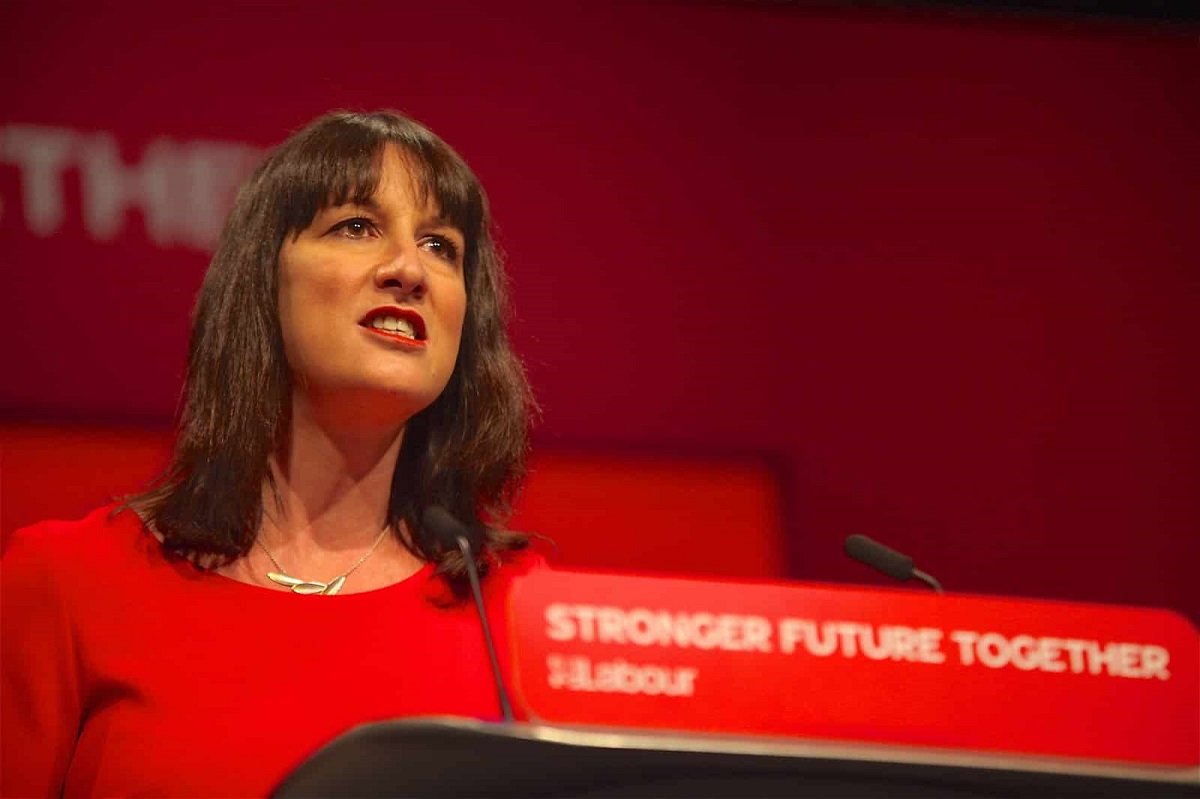The onshore wind ban brought about restrictions to building any more energy wind turbines on land. Chancellor Rachel Reeves lifts the onshore wind ban to help produce more green energy. Here’s how it’s going.
Keeping to Their Pledge Manifesto
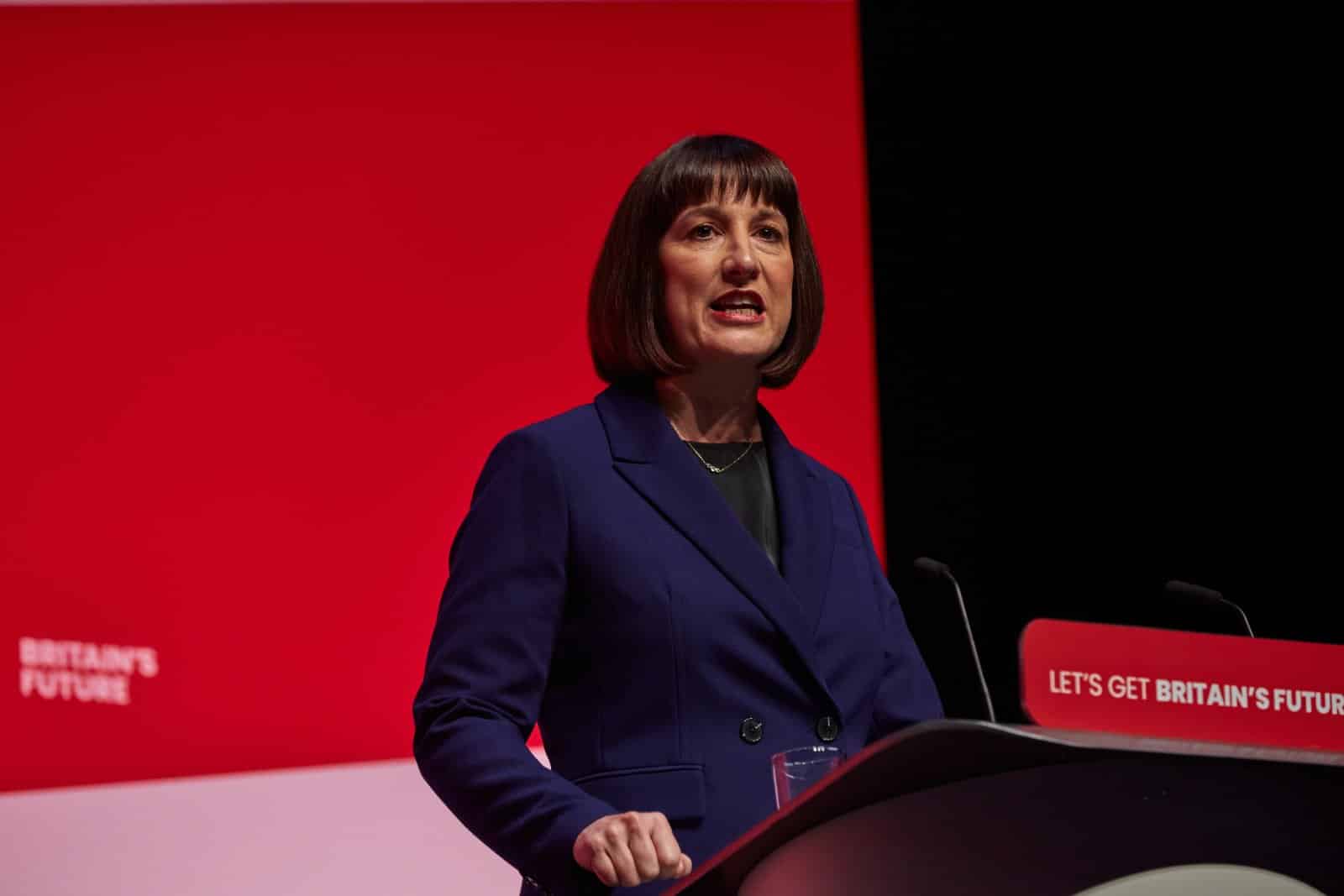
The newly appointed chancellor Rachel Reeves, for the Labour Party and government, has said the party wants to keep to its pledge of building 1.5 million homes for the people of UK. She told Sky News that the building of the houses is part of Labour’s manifesto.
Lifting a Ban

Before any of the house builds begin, the chancellor has officially lifted the onshore winds ban.
Addressing the UK
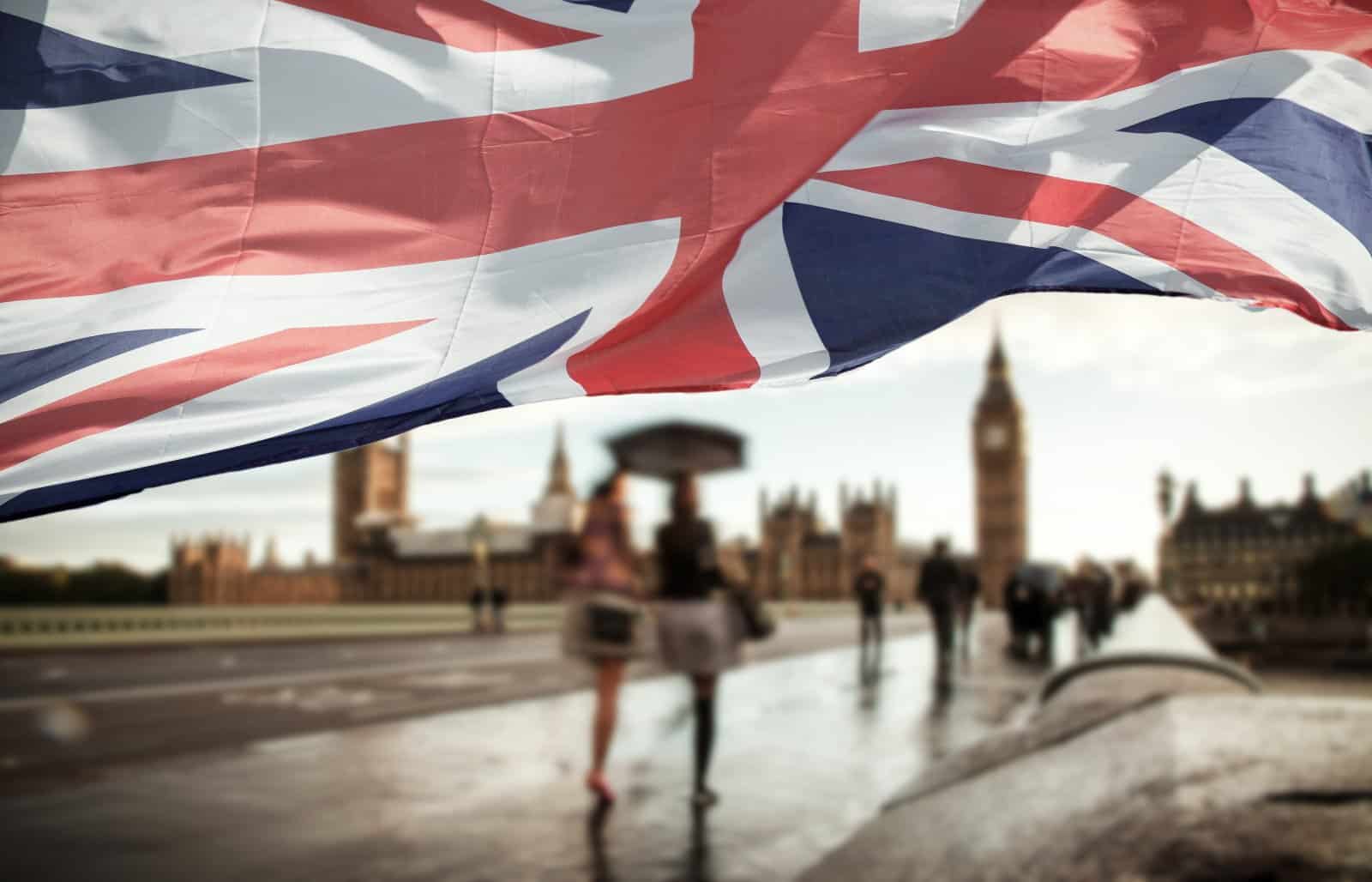
In a speech, the new chancellor called the ban “obsured.” “We are ending the obsured ban on new onshore wind,” she said.
What Is Onshore Wind?
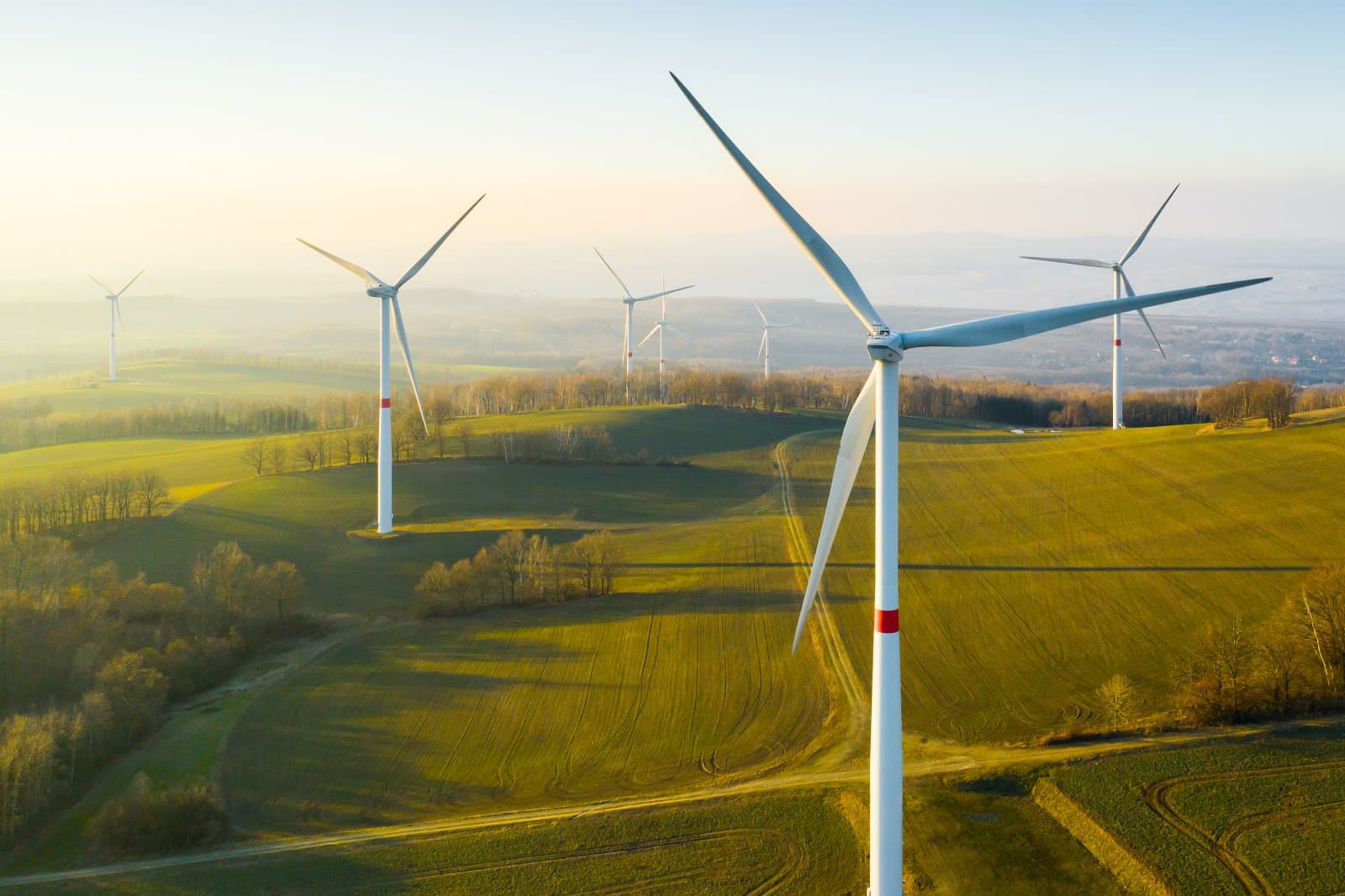
Onshore wind is the energy generated by turbines blowing wind from the sea to land and generating electricity from it.
Before the Lifting of the Ban

The Cooperative Party also mentioned that the ban on onshore wind projects costs UK households over £180 per year. The defacto ban has also resulted in many losing their jobs as the building and maintenance of these wind farms would no longer be required.
Since the Ban

According to the House of Commons Library, the onshore wind ban has been effective since 2015. It required the region to meet various criteria before any build could commence. Many people lost their jobs since the ban.
The Onshore Wind Ban

The former prime minister, Rishi Sunak, promised to “relax” the onshore wind farm ban, but he left most of it in place, which did little to help improve green energy and job creation due to the ban.
Energy Groups Disputed the Ban
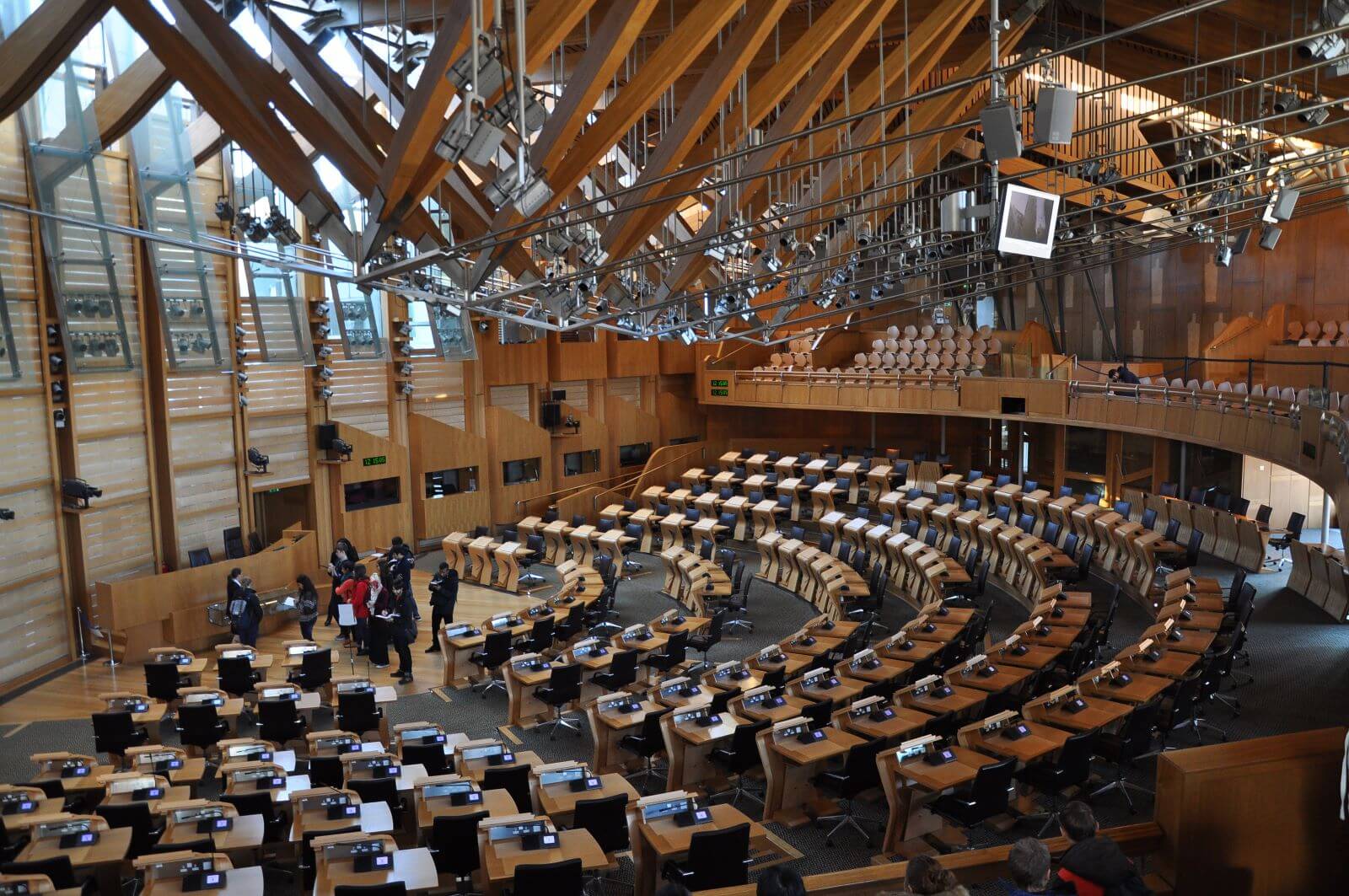
The House of Commons Library noted that other energy groups were opposed to the ban and said that even though the Conservative Party made changes in 2023, it wasn’t enough to continue onshore wind farming.
Before Building Can Begin
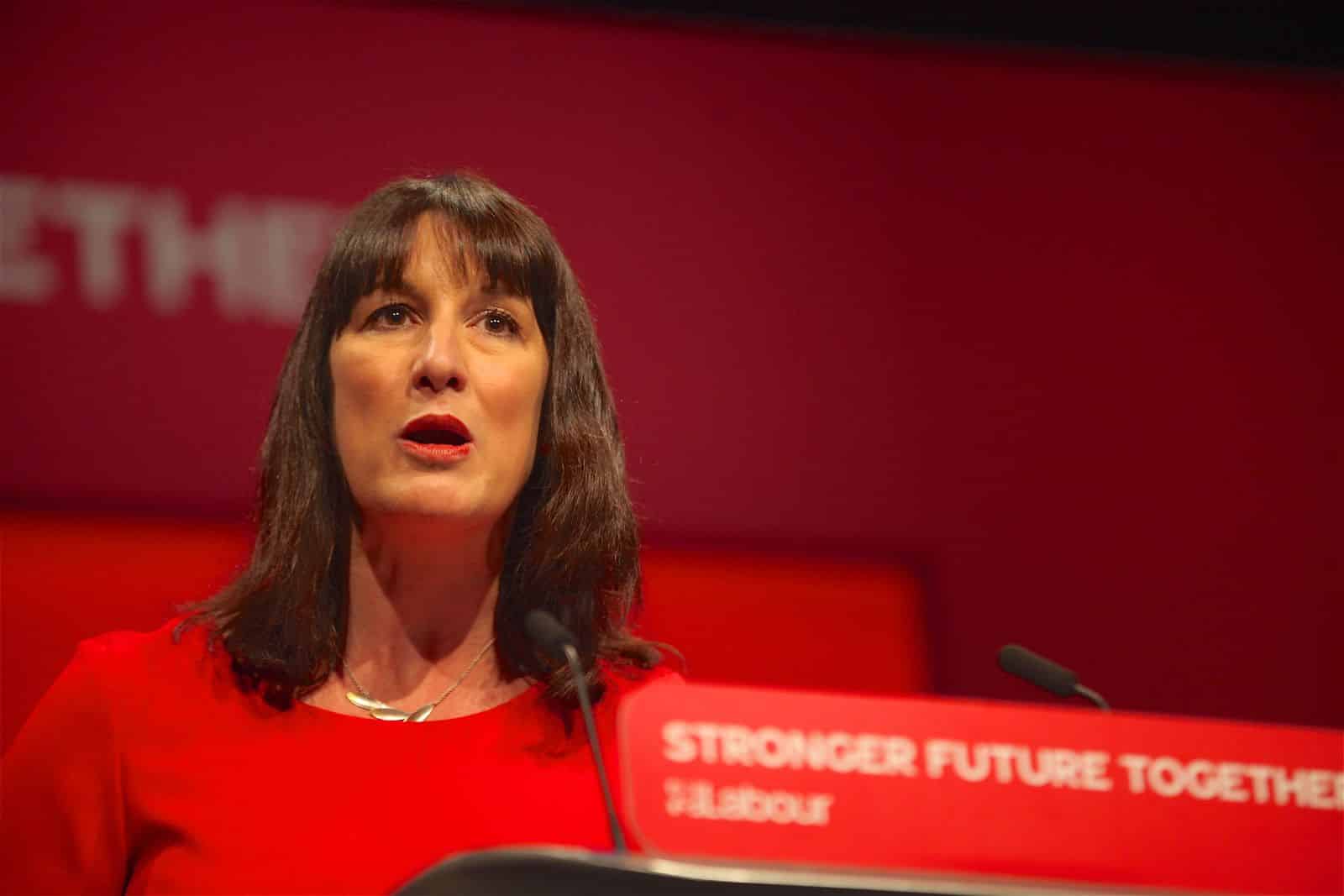
Chancellor Reeves has implemented a lifting of the ban so that the building of houses can continue and people can make use of green energy.
It’s Part of the Future
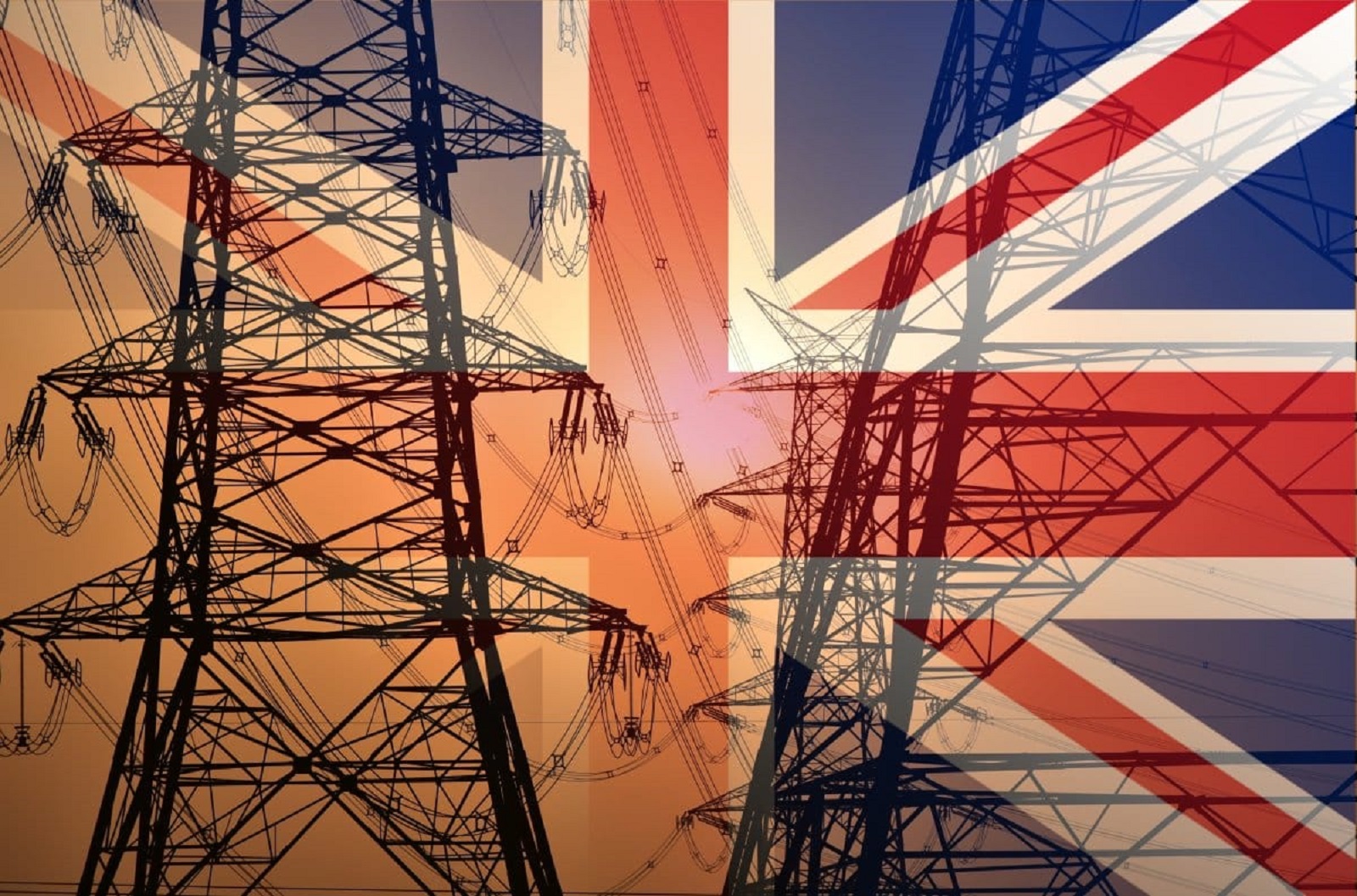
Onshore windfarming could create jobs and help UK families save money on electricity bills.
Not a Different Infrastructure
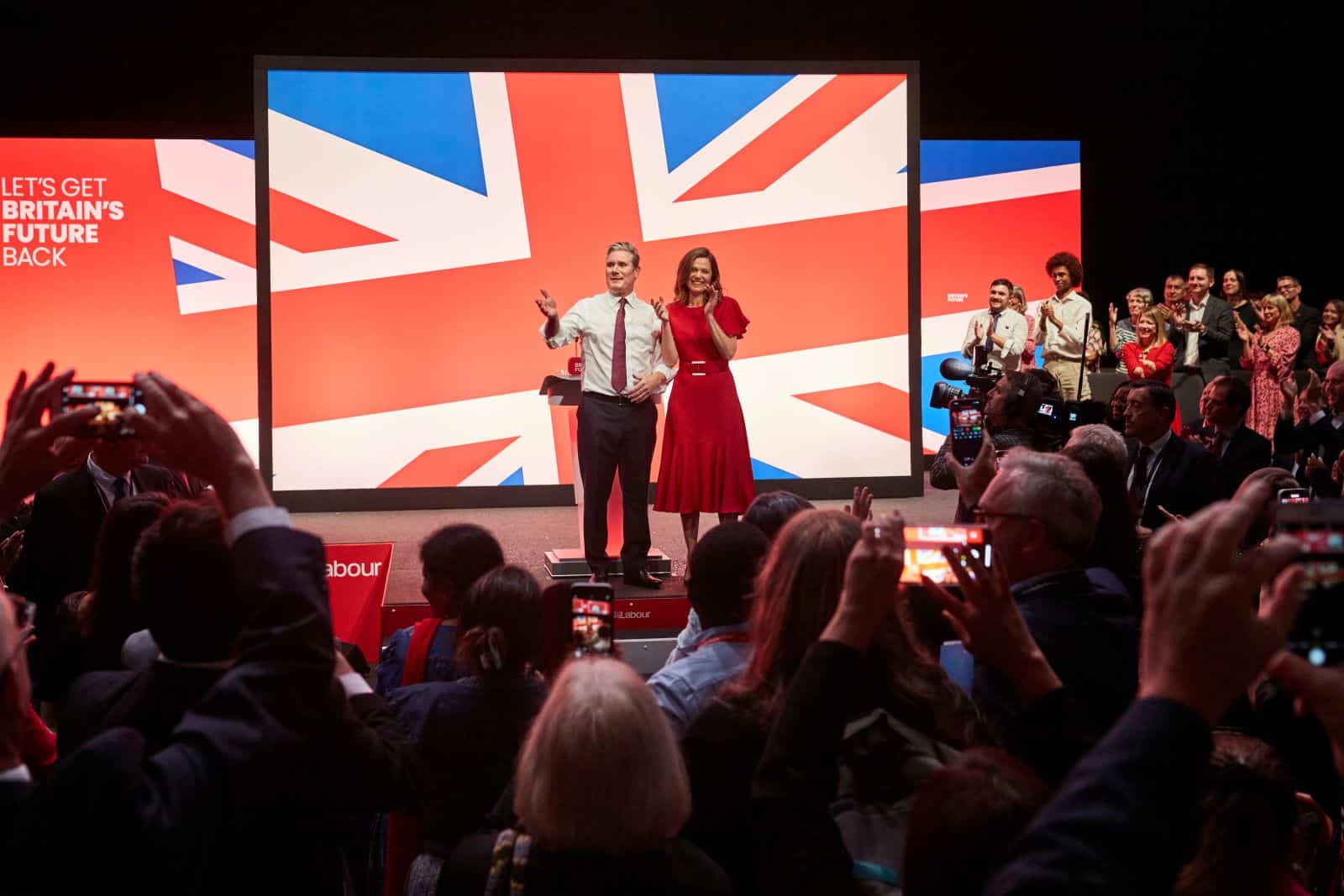
The House of Commons Library has also mentioned that Labour said onshore wind shouldn’t be “treated differently from other infrastructure project.”
Moving Onward With Promise
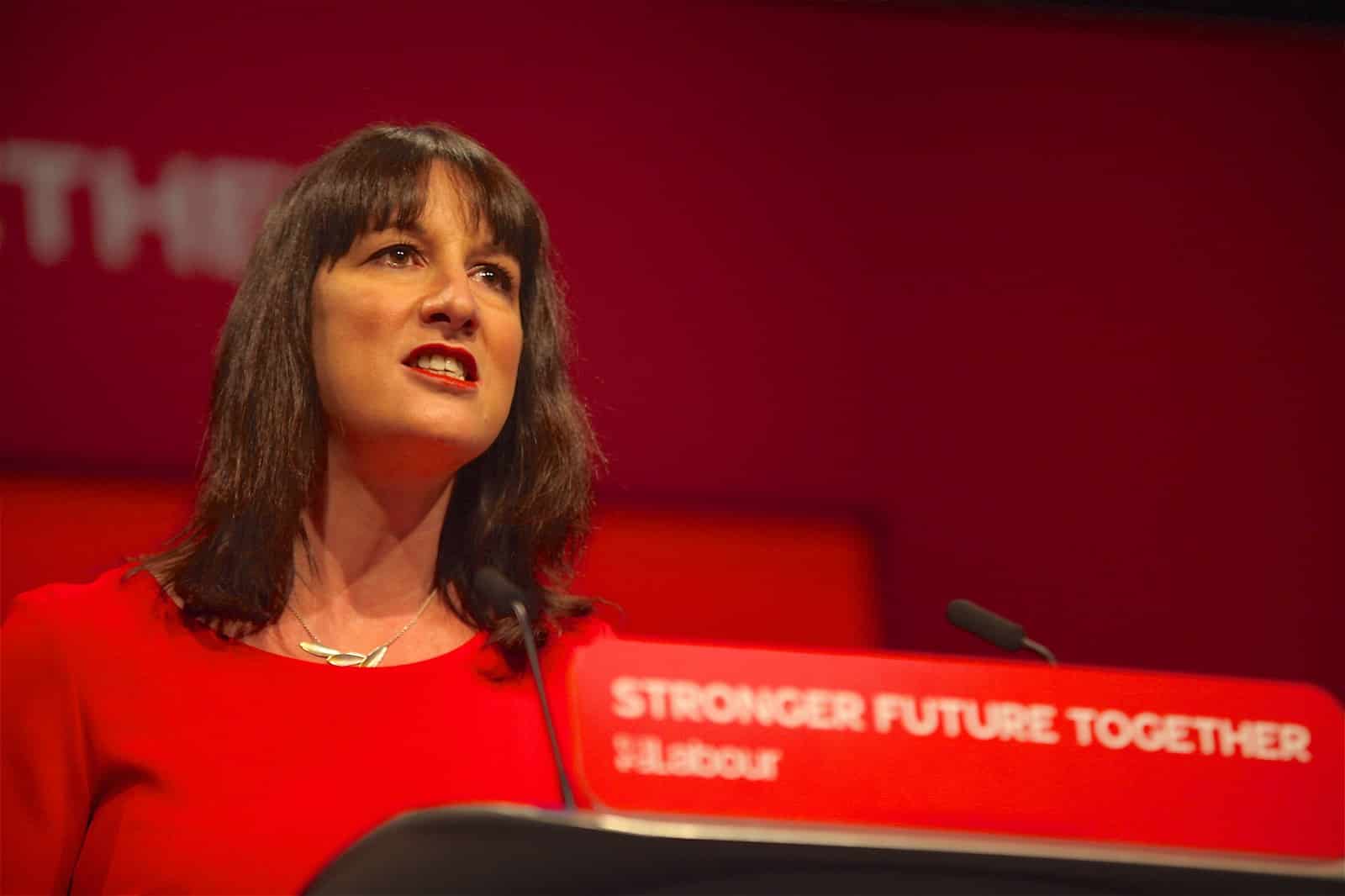
Chancellor Reeves has also mentioned that she and the Labour Party are not in the “business” of “reneging” on their manifesto and “commitments.” She spoke these words in her first speech after Labour won the election, as per Sky News reports.
Building Will Commence
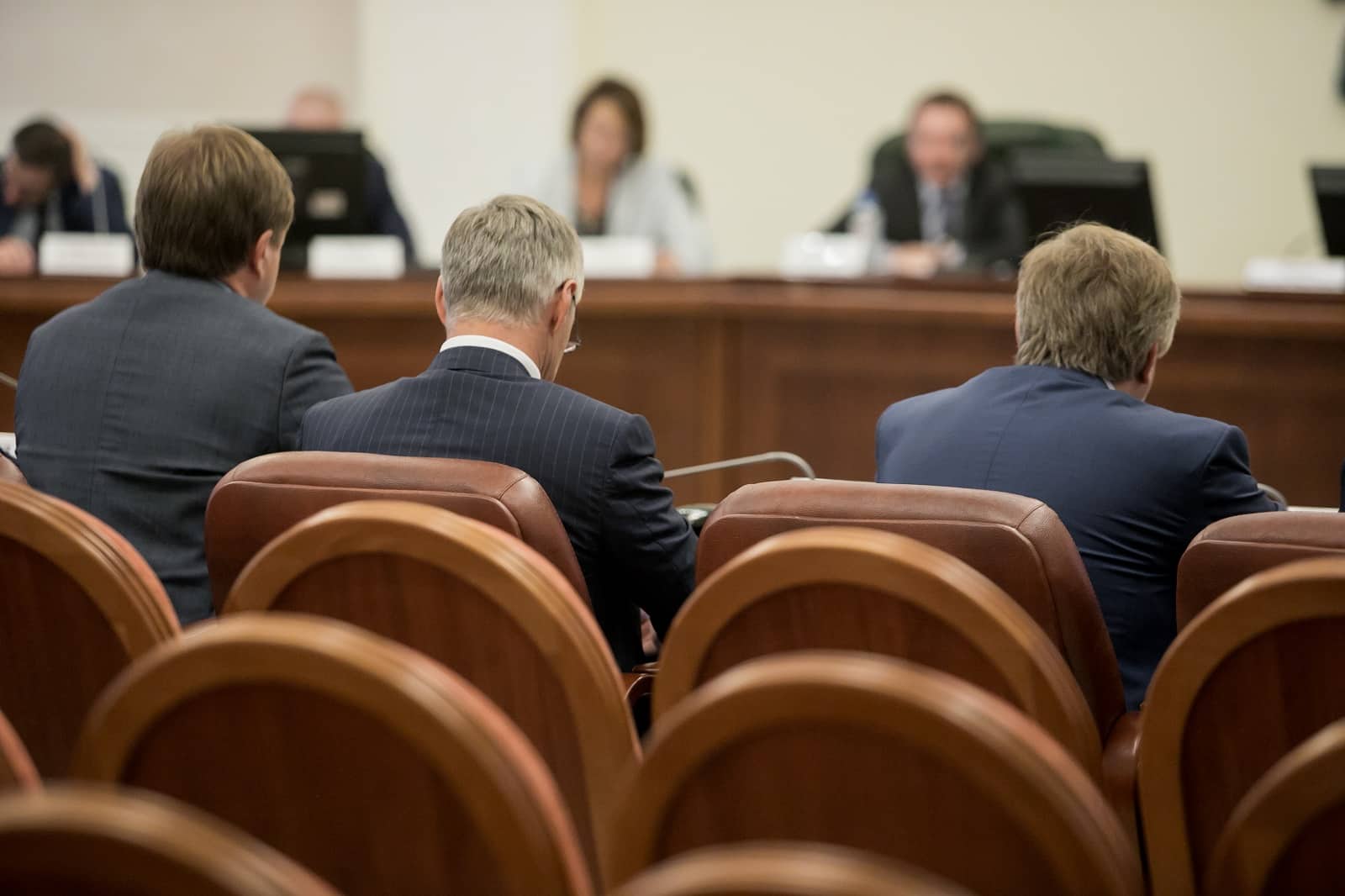
Reeves said the government will restore mandatory housebuilding targets, and the 1.5 million homes will include affordable and council houses. She also said the government would “reform the planning system to deliver the infrastructure the country needs.”
Houses Already in Progress

Chancellor Reeves has given the green light, and housebuilding projects have commenced in Liverpool, Northstowe, Langley Sutton Coldfield, Worcester, and Central Docks. The building of 14,000 new homes is expected within these areas.
Circumstances “Worse Than WWII”

Wanderscot
Chancellor Reeves has also mentioned in a statement before the elections that the “next government would inherit circumstances that are worse since WWII.” She added that the things she has seen in the last few hours since Labour’s win have proved her correct.
Economy Growth Was Limited
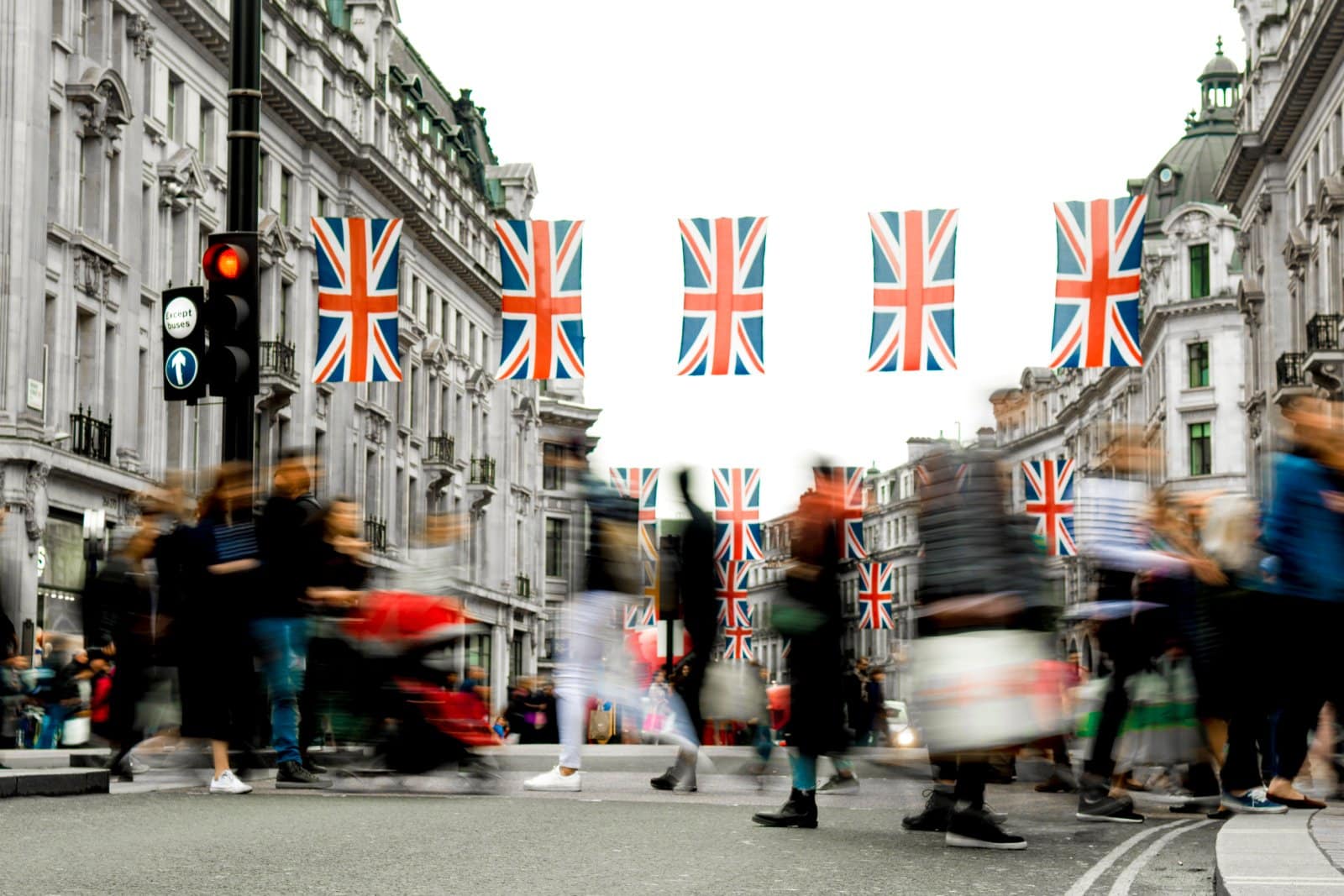
She also noted that while the economy may have grown under the Conservative Party’s lead, it could’ve been better by 2023. She said it could’ve been more than £140bn and could’ve increased tax revenues to £58b by 2023.
Now for Change
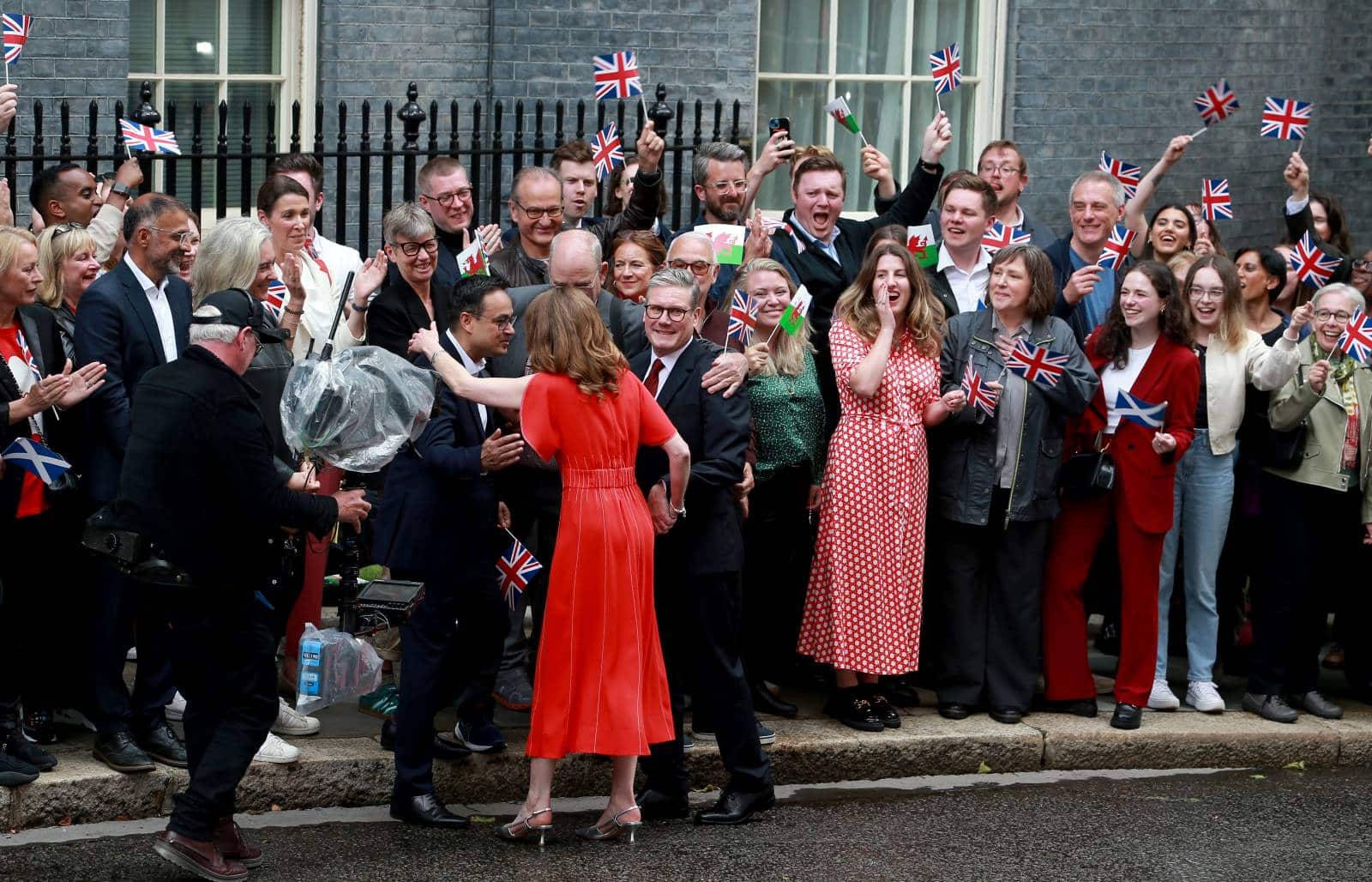
When asked by Sky News whether the country could expect to see economic growth while under Labour? The chancellor said, “We are now getting on with delivering growth.”
Hitting the Ground Running
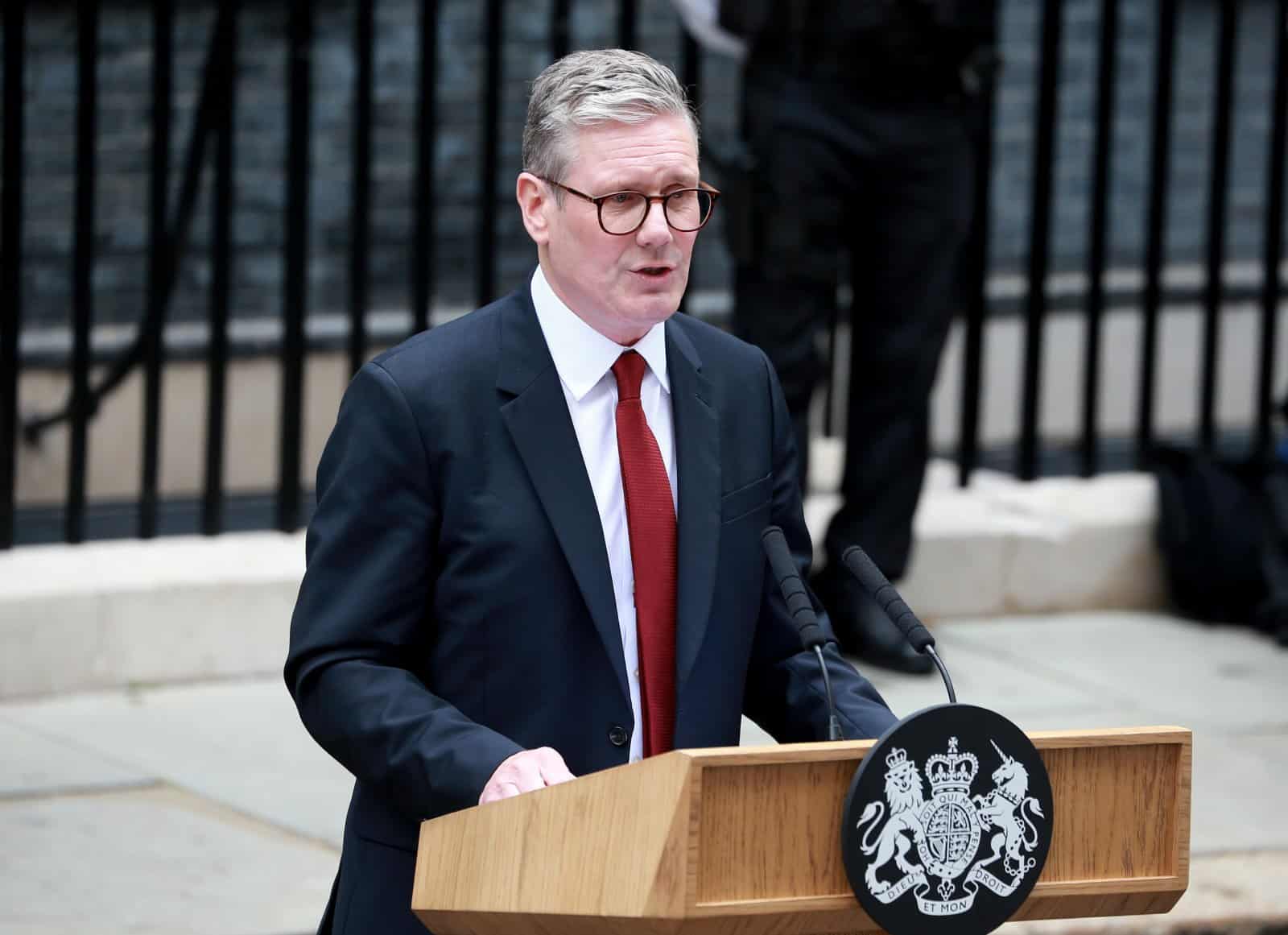
According to Central Fife Times, UK’s new Prime Minister Sir Keir Starmer has vowed “to hit the ground running” as soon as he moved into 10 Downing Street. Tackling the vow to build 1.5m new homes was just one of many promises the government seeks to accomplish.
Make It Easier for Energy Renewal and Growth

The Chief Executive of Pro-Growth Campaign Brittain, Sam Richards, told The Guardian that the only way Brittain would see growth was if it were easier to build homes and facilitate green energy.
Delighted for Ban Lift
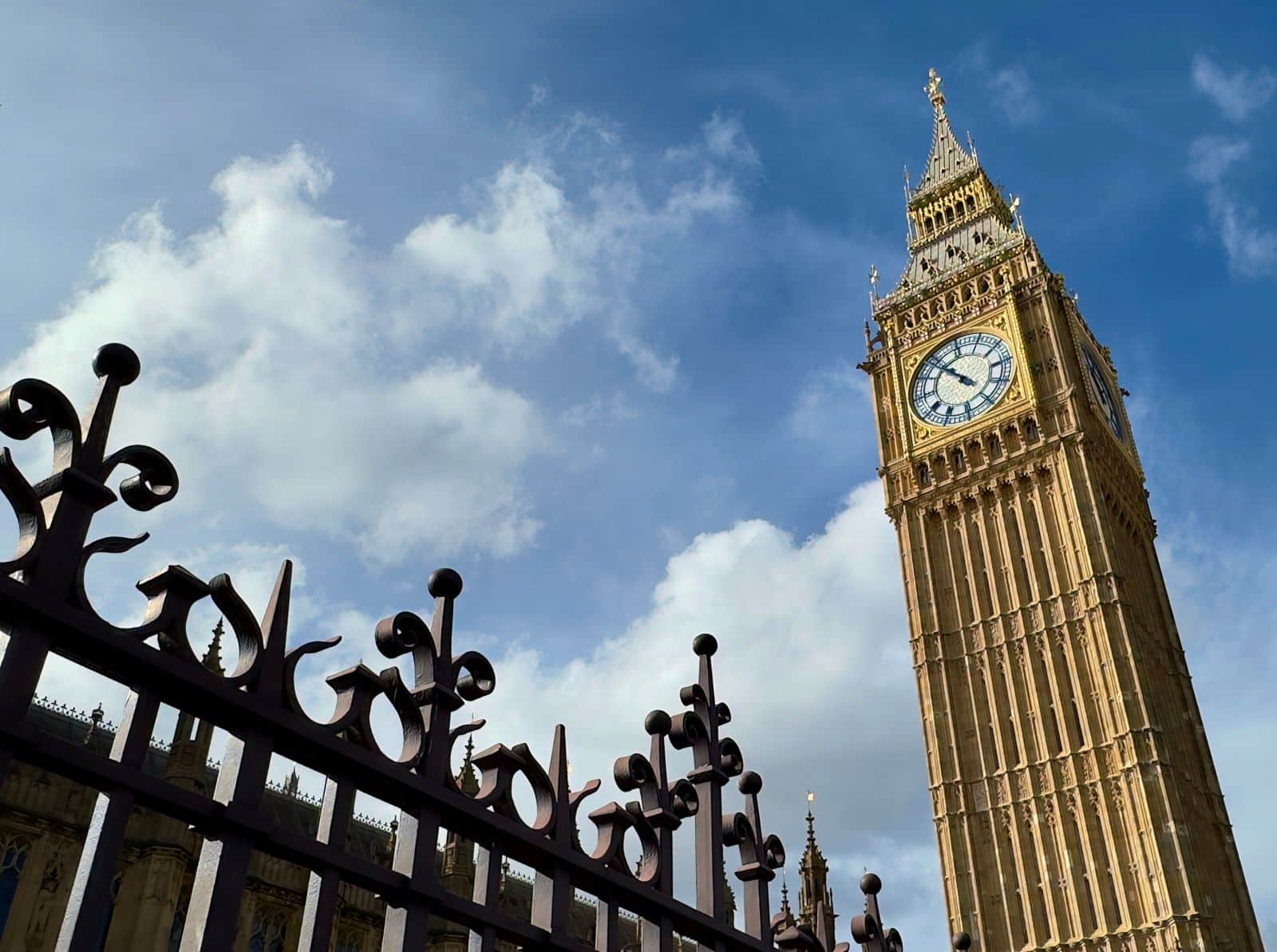
Richard also said that he was “delighted” that “Rachel Reeves has dropped the ban so soon after elections,” he told the Guardian.
10 Worst Places to Live in the UK Today
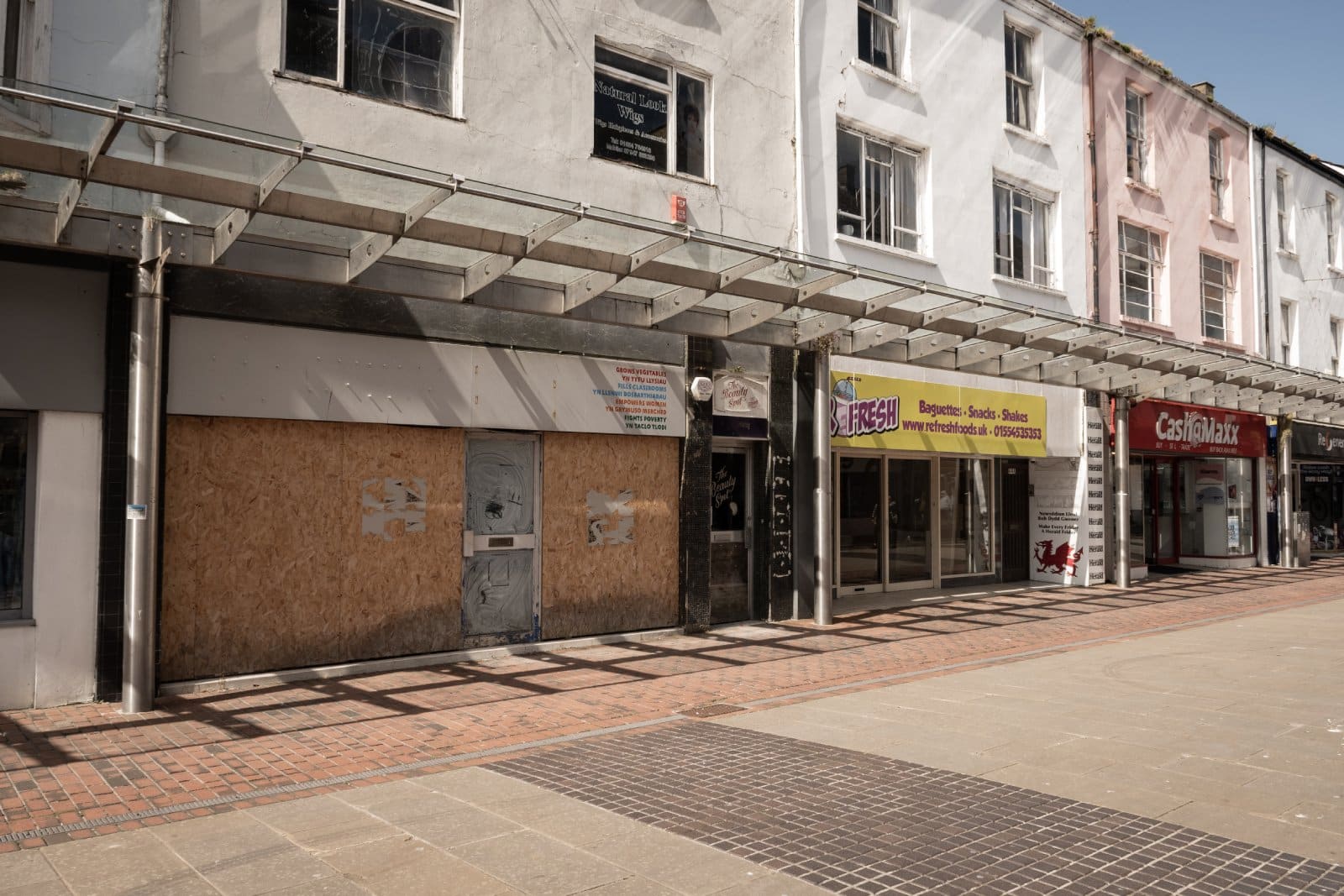
Here’s a look at the 10 worst places to live in the UK, based on statistical analysis and local sentiment, to help you understand the challenges residents may face in these areas. 10 Worst Places to Live in the UK Today
“We Will Never Come to Help You” – Trump’s Hurtful Words Raise Concerns About EU Firepower
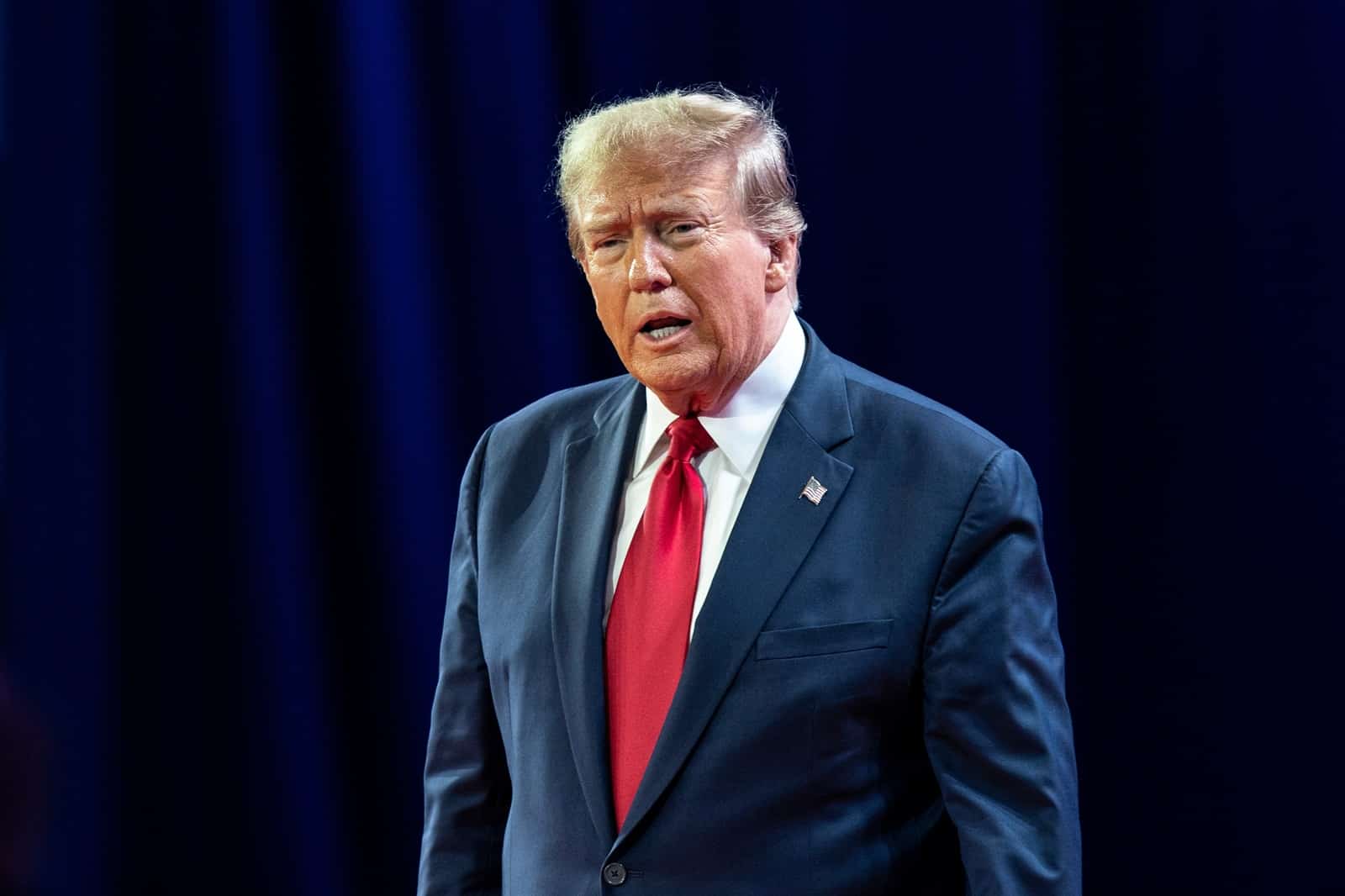
It was revealed in a conference in Brussels that former President Donald Trump said in 2020 that the US would “never help” Europe if it was attacked. Now, European nations are grouping to commit more firepower to combat Putin’s threat to democracy. “We Will Never Come to Help You” – Trump’s Hurtful Words Raise Concerns About EU Firepower
Brexit Fallout: 20 Ways the EU Is Falling Apart Without the UK
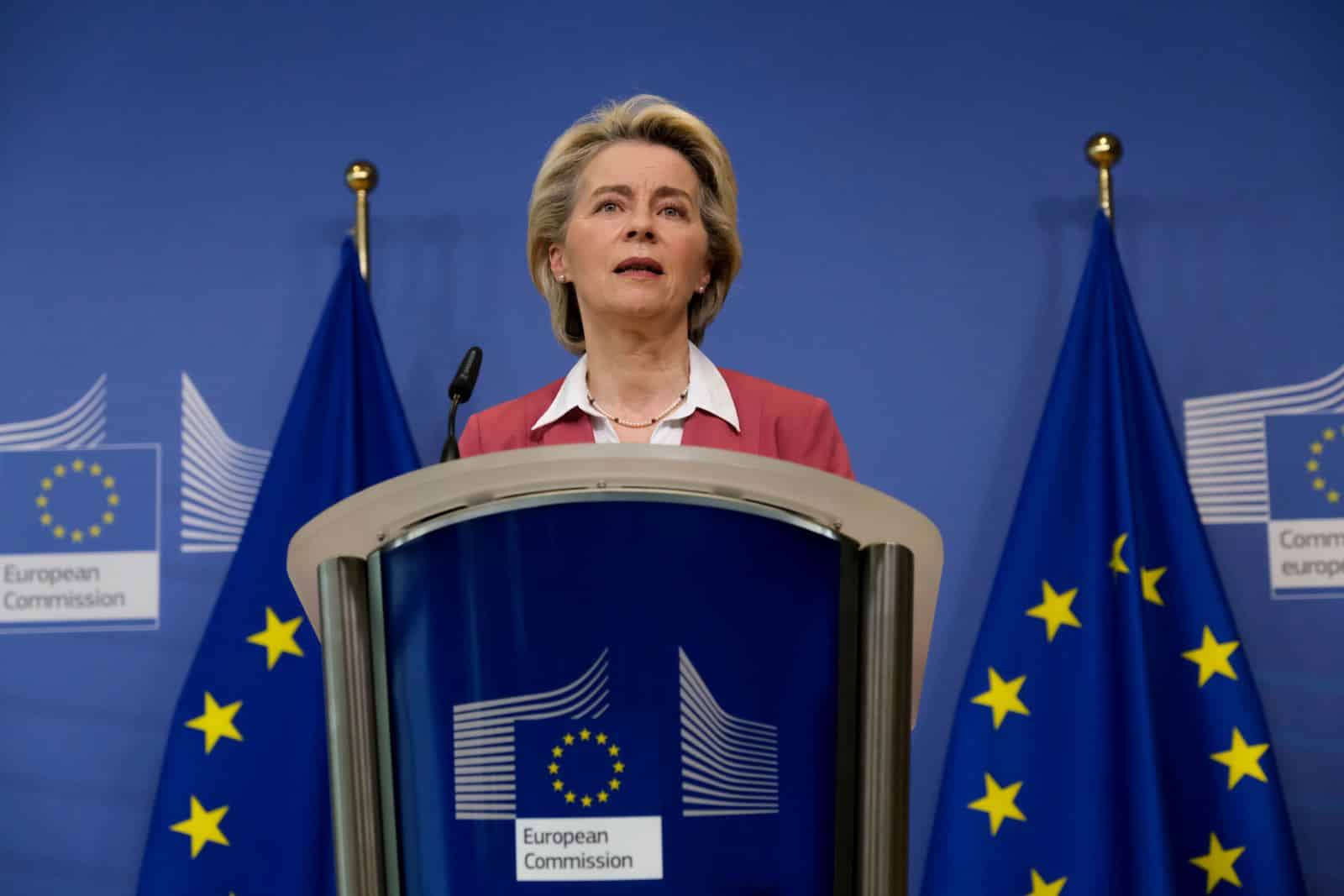
Since Brexit, the EU has been grappling with multiple crises and internal conflicts. Can the bloc hold itself together in these turbulent times? Brexit Fallout: 20 Ways the EU Is Falling Apart Without the UK
Featured Image Credit: Shutterstock / Rupert Rivett.

